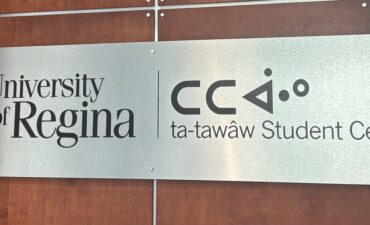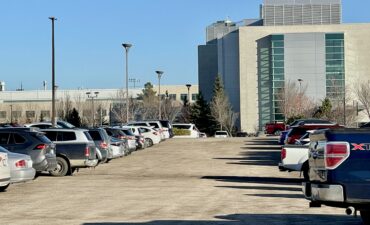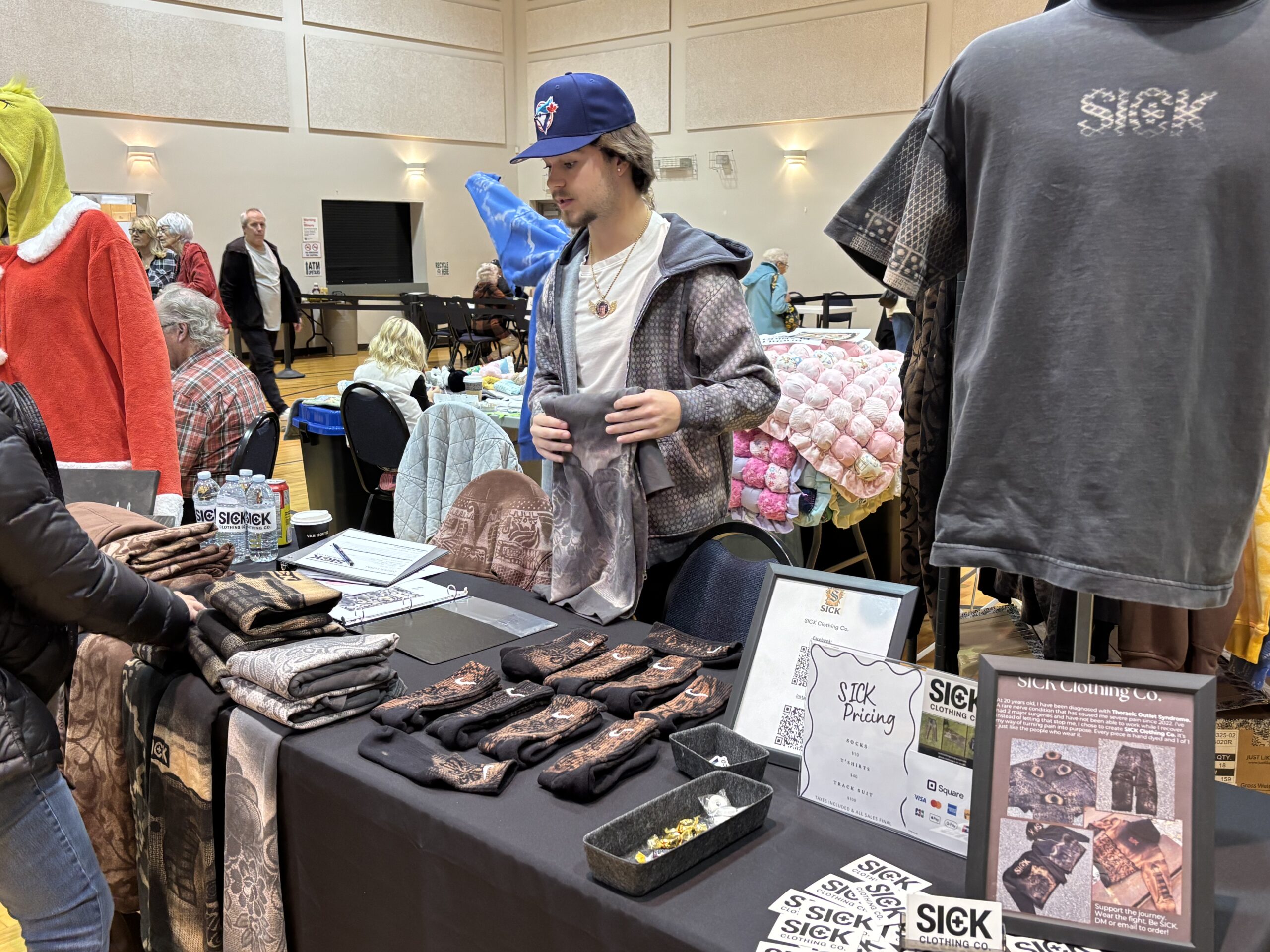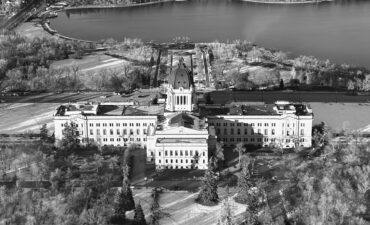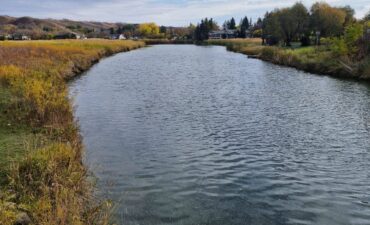The Saskatchewan Teacher’s Federation (STF) hopes that the Government of Saskatchewan can provide more public education funding after the province predicted a $1.1 billion surplus for 2022-23 in a recent mid-year financial report.
“Additional investments in education are always welcomed and it has to be sustainable,” commented the supervisor for communications of Regina School Boards, Terry Lazarou.
“Funding hasn’t really kept pace with increased expenses year over year, and it’s not completely recognized things like English as an additional language, the need for speech language pathologists, counsellors and psychologists. Some of those have been addressed to a certain degree, but not enough to meet all the complex needs that we see in our classrooms.”
STF president Samantha Becotte echoed this in a Nov. 30. media release, saying, “I am hearing from teachers whose students do not have adequate access to the professional services they need.”
“Parents across Saskatchewan have experienced the frustration of the growing crisis of underfunding, and the impact on their child’s learning,” Becotte continued, commenting on cuts made in public schools, particularly impacting students with special needs.
The STF was not available for further comment when contacted by INK.
Education advocacy group Safe Schools Saskatchewan tweeted concerns about the Saskatchewan Party not using enough funds to invest in public education, quoting, “Who will be bold enough to get parents and teachers onside with their vision for a vibrant public education system?”
A 1.1 billion dollar resource windfall is being celebrated by the Sask Party, but they refuse to invest in schools that have been chronically starved of funds. Who will be bold enough to get parents and teachers onside with their vision for a vibrant public education system?
— Safe Schools Saskatchewan (@SafeSchoolsSask) December 2, 2022
The province reported that the province’s expected surplus is impacted by $500 affordability cheques being mailed out to Sask. residents, as well as high tax revenue and increasing prices for resources like oil and potash.
Finance Minister Donna Harpauer’s mid-year report states that “significant investments continue to be made into the priority areas of health care, education, protection of persons and property, social services and assistance and in needed capital projects. Government is committed to careful management of spending, to ensure investments made today are sustainable into the future.”
Cat Zens can be reached via Twitter at twitter.com/catherinezens, or through email at catherinezens@gmail.com.



